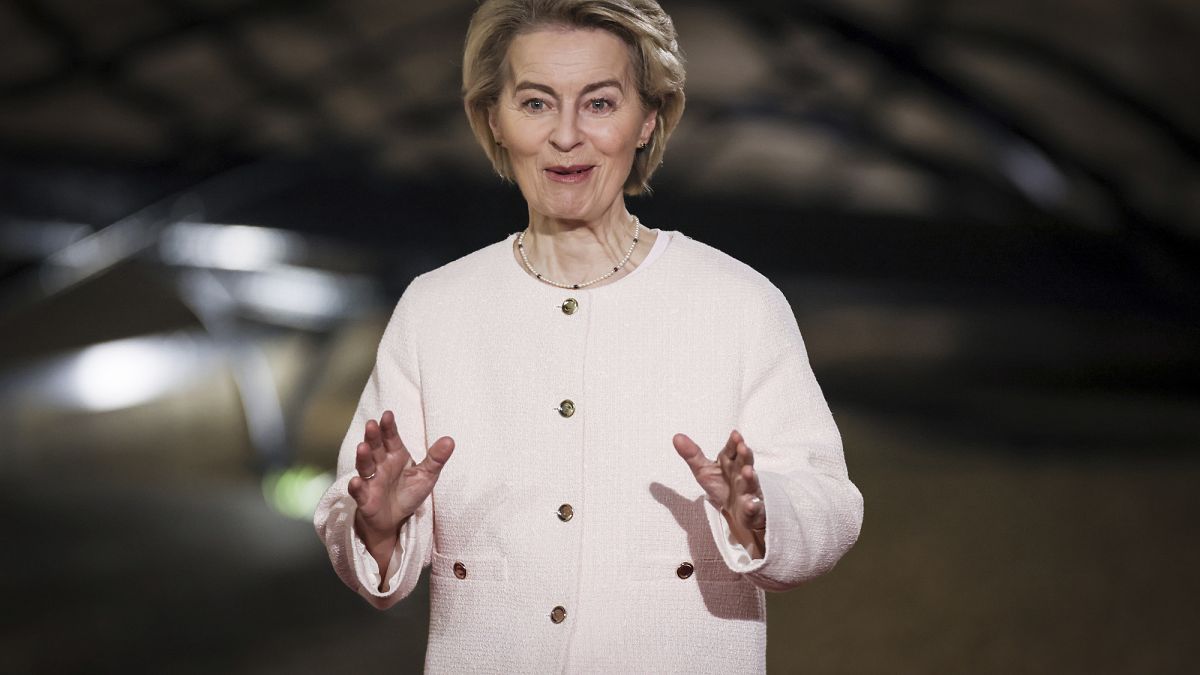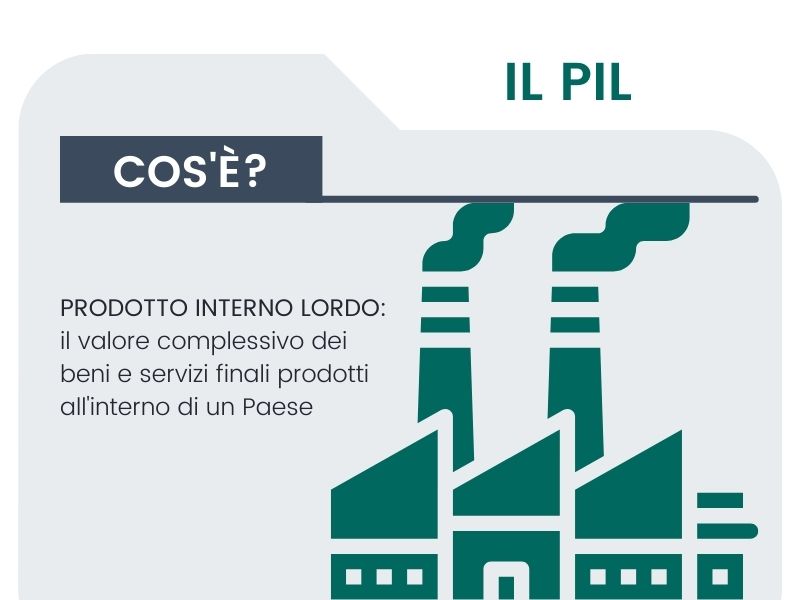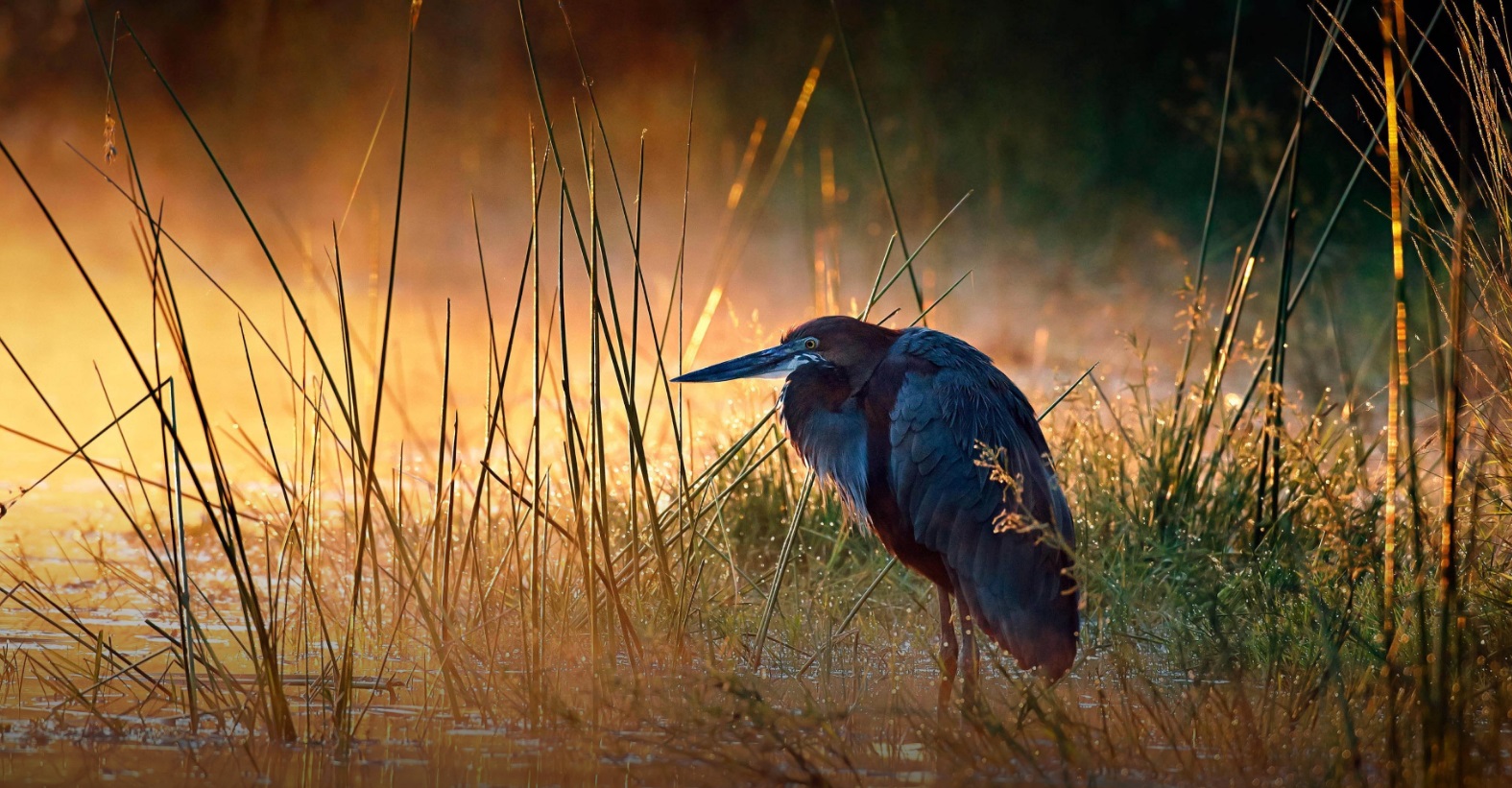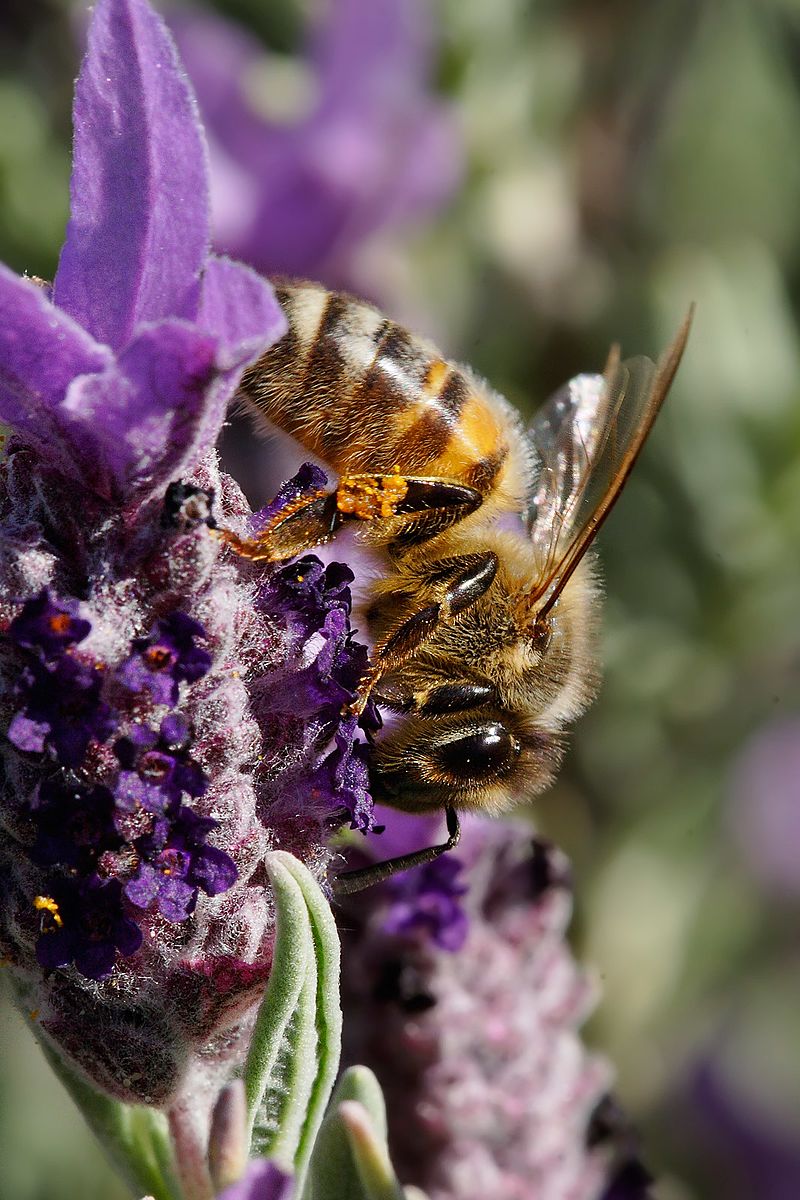
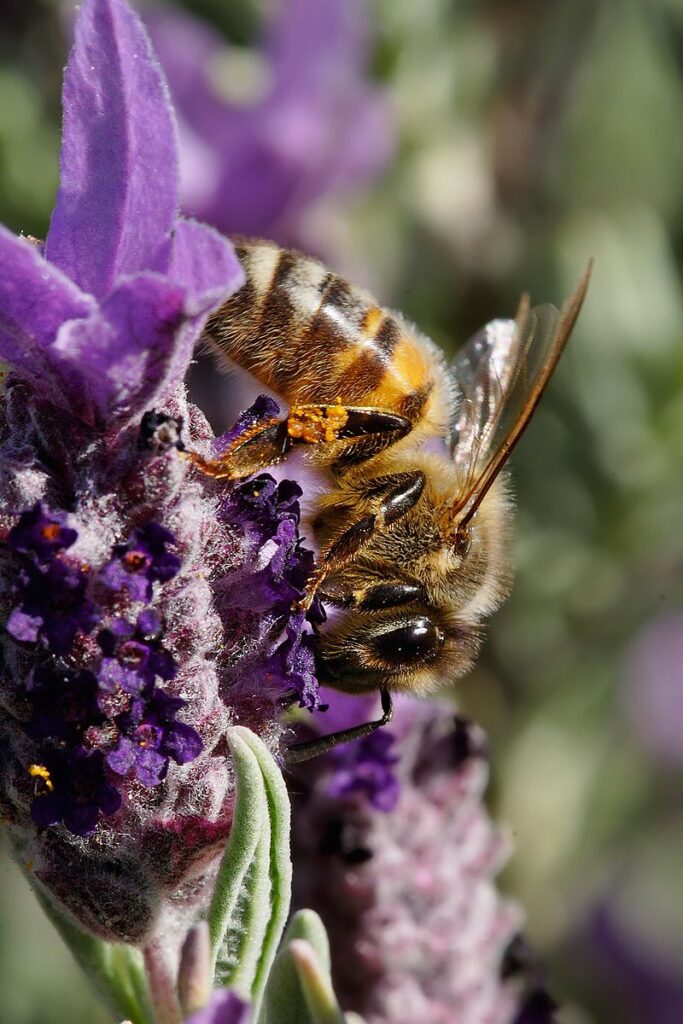 Europe’s future at stake as Munich Security Conference 2025 gathers
Europe’s future at stake as Munich Security Conference 2025 gathers
How can Europe navigate the perfect storm of crises threatening its security and values? Follow Euronews live here, as world leaders, executives, and top ministers converge in Munich, where Europe faces stark challenges — not least securing European leaders a seat at Trump’s Ukraine peace talks.
Europe stands at a crossroads at this year’s Munich Security Conference, facing a perfect storm as a rapidly shifting global order threatens the EU’s long-standing vision of the world.
With tensions escalating, the conference will see historic meetings between key players, including Ukraine’s President Volodymyr Zelenskyy and the new US administration’s Vice President JD Vance, Secretary of State Marco Rubio, and Ukraine-Russia envoy Keith Kellogg. These discussions are poised to shape the future of Europe’s security and its role on the global stage.
The conference comes as a moment of reckoning against the backdrop of settlement talks proposed by Trump in Saudi Arabia, where the path to ending the war in Ukraine is uncertain — but the implications are enormous.
As leaders such as Commission President Ursula von der Leyen, Defence Commissioner Andrius Kubilius, and EU foreign affairs chief Kaja Kallas attend, Europe must confront a hard truth: Will it be sidelined in these crucial negotiations?
With defence spending gaps of €500 billion over the next decade, Europe’s financial constraints and fragmented defence capabilities will be under intense scrutiny. Cooperation with non-EU partners, like the UK and Norway, could become more crucial than ever.
Follow the conference live from Friday morning at 9am when Euronews will provide unparalleled coverage across digital platforms and on TV, including this liveblog. Our expert correspondents will be reporting live from the conference floor and behind the scenes, offering in-depth analysis of the key moments and discussions shaping Europe’s future.
Conference hall disperses into the Munich night
The main conference panels have now wrapped up for the day, though bilaterals will flow into the chilly Munich night, in the city’s bierkellers and restaurants.
Euronews liveblog will fire up for another round of this crucial security meeting when it starts tomorrow morning.
In the meantime please read our on the ground correspondent Alice Tidey’s summation of how the day left the Transatlantic alliance.
China throws Europe a lifeline
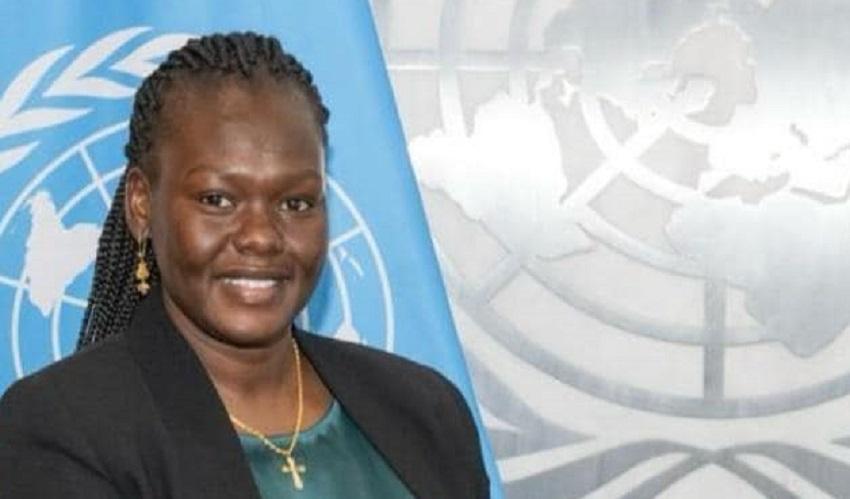
With Europe desperate to claw its way to a place at any peace negotiating table over Ukraine after Donald Trump touted exclusive three-way talks between the US, Russia and Ukraine, help has come from an unlikely quarter – China.
“The US reached common understanding with Russia and we believe that all parties and all stakeholders should in appropriate time participate in peace talks process,” Wang Yi, Minister of Foreign Affairs of China, said.
“This war is on European soil and Europe should play an important role in the process,” he said, in words that might easily have been uttered by Commission President Ursula von der Leyen.
Zelenskyy: No peace agreement in Munich, remember last time
Volodymyr Zelenskyy has told the conference that he wants no part of an agreement that echoes the Munich Agreement of 1938 which opened the door to the appeasement of Adolf Hitler right before World War II.
“A peace agreement cannot be signed in Munich, we remember what was signed here, I will not repeat it,” the Ukrainian president said, adding, “I don’t want to be that person in history who helped (Russian President Vladimir) Putin occupy my country.”
“I’m ready to meet with US Vice President Vance. I’m not ready to sign everything, but I’m ready to discuss the agreement on our minerals,” Zelenskyy said during the “Strategic Investment: The Future of US-Ukraine Security Cooperation” panel.
Chinese foreign minister: Beijing can’t stop buying gas from Russia
“Can China stop buying gas from Russia? Which country can then provide so much gas to meet the needs of the Chinese people? This is not possible,” Wang Yi, Minister of Foreign Affairs of China, said.
“Some countries tend to politicize economic and trade issue, but we must be responsible to our own people,“ Yi stressed.
Russia is the third largest liquefied natural gas (LNG) supplier to Beijing in the seaborne market. In the period between January and October, Moscow supplied 6.74 million metric tonnes of LNG, according to S&P Global.
US Vice President JD Vance questions Europe’s retreat from ‘most fundamental values’
When it comes to Europe, the threat the US fears most is not from Russia, China or any other external actor but from within, US Vice President JD Vance said in Munich, questioning whether Europe has withdrawn away from what he said were the continent’s “most fundamental values”.
“The retreat of Europe from some of its most fundamental values, values shared with the United States of America,” he said, referring to Romania’s cancelled elections in December.
Romania’s top court annulled the first round of the election over procedural issues and the release of secret Romanian intelligence reports showing Russian involvement in influencing voters through an anti-Western propaganda campaign supporting far-right candidate Calin Georgescu.
“Of all the pressing challenges that the nations represented here face, I believe there is nothing more urgent than mass migration,” he added.
EU Commission to activate fiscal escape clause to boost defence spending
“A stronger Europe is better for all of us,” said Ursula von der Leyen on Friday, stressing that Europe needs a bolder approach to ensuring its security.
To this end, the EU Commission will propose to activate the escape clause for defence investments, von der Leyen announced in Munich. “This will allow member states to substantially increase their defence expenditure,” she said.
The EU executive will also propose a broader package of tailor-made instruments to address the specific situation of each member state, from its current level of defence spending to its fiscal situation.
A massive defence package will be among von der Leyen’s new defence and security initiatives. “We also need a European approach in setting our investment priorities. This will allow investment in urgently needed defence projects of common European interest,” she said.
EU Commission to activate fiscal escape clause to boost defence spendi
Putin must prove he has given up destroying Ukraine, says von der Leyen
“A failed Ukraine would weaken Europe, but it would also weaken the US,” EU Commission President Ursula von der Leyen told the audience of the Munich Security Conference on Friday.
Von der Leyen argued that, otherwise, it would be a threat to US-EU shared interests, and added that only by working together with Washington, Ukraine can get a lasting peace.
“President Putin says he’s willing to meet, but on what terms? It is up to him to demonstrate that his interest is not to prolong this war. It is up to him to show that he has given up his ambition to destroy Ukraine,” the Commission president said.
“Ukraine needs peace through strength,” she argued.
The Commission president also said they will keep working to accelerate Ukraine’s accession to the EU.
Zelenskyy: Putin may attack a NATO country as early as next year
Ukraine’s president issued a stark warning, saying that Russia may be preparing an act of aggression against NATO members as early as next year, Sasha Vakulina reports.
Speaking at the Munich Security Conference on Friday, Volodymyr Zelenskyy said the attack might come from Belarus.
“Russia is preparing 15 divisions. Around 100-150,000 troops are being trained to aggravate the situation on the Belarus direction,” Zelenskyy said. “I am not sure if they will attack Ukraine, but they will attack. Maybe Ukraine, maybe Poland, maybe the Baltic countries.”
Ukraine joining NATO ‘unrealistic’, Vance said
Analysts, particularly in Europe, will be watching the meeting between JD Vance and Ukrainian President Volodymyr Zelenskyy later on Friday, hoping to get at least some insight into Trump’s ideas on how to end the war in Ukraine.
Both Trump and US Defence Secretary Pete Hegseth earlier this week undermined Ukraine’s aspirations to join NATO, which the transatlantic military alliance described less than a year ago as “irreversible”, or to reclaim its territory seized by Russia.
“I don’t see any way that a country in Russia’s position could allow … them to join NATO,” Trump said Thursday. “I don’t see that happening.”
“We have always said Ukraine’s membership in NATO is unacceptable to Russia. It poses a serious threat to Russian security and it will bring catastrophic consequences for Europe,” Russian Foreign Ministry spokeswoman Maria Zakharova said at a regular briefing.
A rocky road to 5% of GDP for defence spending
Last year, EU defence spending reached a record €326 billion.
But Mario Draghi’s competitiveness report estimates that the EU will need some €500 billion over the next decade to close the bloc’s military gaps.
Currently, eight NATO members do not meet the 2% target, including Belgium, Italy and Spain.
EU leaders agreed to step up defence efforts at an informal meeting in Brussels earlier this month, but Trump called on European NATO members to increase defence spending to 5%.
“The challenge is that all these well-known problems of the European defence industry can only increase if member states will just simply increase their defence spending from 2% to 3% (which is very much needed) without significant collective European Union-level actions in the development of European Union defence,” Defence Commissioner Andrius Kubilius posted on his blog before Pete Hegseth’s comments.
Could recent developments with the US and Russia change this approach?
What does Europe need, in what quantity, and by when?
Competitiveness is a critical challenge for the European defence industry, MEP Riho Terras (Estonia/EPP), vice-chairman of the Parliament’s security and defence committee, told Euronews.
“It is too fragmented, internal market rules do not apply to the defence industry, and the banking sector does not lend money to defence industries,” he argued, emphasising that the Commission must address these shortcomings within its mandate.
To tackle this, industry leaders are calling for an industrial output plan that translates member states’ capability needs into concrete defence industry targets, specifying quantities and timelines.
Industry representatives urge governments to indicate which capabilities require scaling, by how much, and by when, both in peacetime and wartime.
In a non-paper, they stress the need for long-term procurement and investment commitments, enabling economies of scale and attracting private sector funding.
You can read the full story here.
Kuleba: A bad deal for Ukraine is a win for Putin
Ahead of the conference, Euronews spoke to Ukraine’s former Foreign Minister Dmytro Kuleba about whether Trump can achieve a just peace, Europe’s role in the conflict and the potential of European peacekeeping troops, and why he believes it’s too early to talk about elections in Ukraine.
What is Kuleba expecting from the Munich Security Conference?
“There are high expectations, but I don’t think anything new will come from the US. The question is whether Europe will speak up,” he told Euronews.
“Europe has been silent so far. It has to give its voice and express its view. Everything Trump has said and done so far contradicted not just Ukrainian but also European interests,” Kuleba added.
Nordic-Baltic Eight warn outcome of Ukraine war will have ‘long-lasting effects’
In a joint statement, the Nordic-Baltic Eight said that “the outcome of the war will have fundamental and long-lasting effects on European and transatlantic security” and that they will further boost their support for Kyiv.
The countries, which include Denmark, Estonia, Finland, Iceland, Latvia, Lithuania, Norway, and Sweden, said that their “priority now is to strengthen Ukraine” and that they will “further bolster” their support.
“We stand fully and firmly behind Ukraine. Ukraine must be able to prevail against Russia’s war of aggression, to ensure a just and lasting peace.”
“We are engaging with Ukraine, the United States and all our NATO Allies and EU partners on how to achieve peace through strength. We fully commit to the sovereignty and territorial integrity of Ukraine. Ukraine should be given strong security guarantees. Ukraine and Europe must be involved in any negotiations to achieve just and lasting peace,” they added.
They also said that they are “determined to further strengthen our collective security and defence, and to shoulder our responsibility for peace and security in Europe.”
Von der Leyen: US will remain the EU’s ‘closest ally’
The US is and will remain Europe’s closest ally, EU Commission president Ursula von der Leyen told reporters in Munich.
“We want to continue working well with the United States. But we also believe that trade wars and punitive tariffs, for example, do not pay off for anyone. Tariffs are taxes. They drive inflation,” she said.
Von der Leyen’s comments follow Trump’s announcement on Thursday that he would impose reciprocal tariffs on US trading partners on a case-by-case basis.
The 25% US tariffs on aluminium and steel will take effect on 12 March.
Which European leaders will attend the MSC on Friday?
The three-day conference organises panels to discuss ideas and boost debates on key topics ranging from global security challenges to democratic resilience and climate security – but which EU Commissioners are attending what?
- 14:00 > Keynote speech by EU Commission president Ursula von der Leyen, on “The EU in the World”
- 15:50 > Top EU diplomat Kaja Kallas is contributing to the “Chartering Relevance: Towards a Stronger UN in a Fragmented World” and the “Stabilizing a Restless Region. Prospects for Peace in the Middle East” panels.
- 17:30 > EU Commission’s Executive Vice President Henna Virkunnen will join a panel discussion on “Disinformation and the ‘’AI-pocalypse’ for democracies”
- 18:30 > Climate Commissioner Wopke Hoekstra will participate on a discussion called: “From ashes to Action: Climate Cooperation in a Heated World”
Macron: capitulation in Ukraine peace talks would be ‘bad news’ for all
During his election campaign, US President Donald Trump said he could end the war in Ukraine in 24 hours. Both Ukraine and the EU feared this would mean capitulation for the Ukrainians – and now those fears seem more plausible than ever.
Capitulation in the Ukrainian peace talks would be ‘bad news’ for everyone, said French President Emmanuel Macron.
“I don’t see that the US has a concrete plan to end the war” — Zelensky told reporters on Friday, adding that he has plans to hold diplomatic visits to the UAE, Saudi Arabia and Turkey which do not include meetings with Russia or the US.
Meanwhile, in Central Asia, where leaders have balanced their historic ties to Russia with anti-war messages, Kassym-Jomart Tokayev, the president of Kazakhstan, told Euronews that his country wants to see an end to the war.
“Ukraine remains a widely discussed topic. From the very beginning, we have advocated for an end to the war and for achieving consensus and agreement through diplomatic negotiations,” he said.
US-Ukraine meeting postponed
The meeting between President Volodymyr Zelenskyy and US Vice President JD Vance has been postponed until 5 pm because Ukraine needs to finalise the draft of the Memorandum of Partnership and hand it over to the US, the Ukrainian delegation told the Ukrainian outlet ‘European Pravda’.
Meanwhile, the Russian government will not be represented at the Munich Security Conference, according to a spokesman for the Russian Foreign Ministry in Moscow.
Ukraine peace talks: Europe’s seat at the table in doubt
After Donald Trump and Vladimir Putin agreed to “immediately” start negotiations on Ukraine, Europe wonders if it will have a seat at the table. #EuropeNewsStarmer says Ukraine remains on ‘irreversible path to NATO’
British Prime Minister Keir Starmer told Ukrainian President Volodymyr Zelenskyy this morning that the UK remains convinced Ukraine’s place is in NATO, Downing Street said.
In a readout of a phone call held between the two leaders shared by No 10, Starmer “was unequivocal that there could be no talks about Ukraine, without Ukraine”.
“Ukraine needed strong security guarantees, further lethal aid and a sovereign future,” the statement went on, adding: “The Prime Minister reiterated the UK’s commitment to Ukraine being on an irreversible path to NATO, as agreed by Allies at the Washington Summit last year.”
Zelenskyy, in a post shared on X, meanwhile said he informed Starmer of his “discussion with President Trump and contacts with the American side. The Ukrainian and American teams must work together with Europeans and all our global partners to achieve concrete results.”
The leaders also “agreed” that with the third anniversary of the launch of Russia’s full-scale attack against Ukraine fast approaching, it would be an important moment to demonstrate international unity and support for Ukraine,” according to the British readout.
Volodymyr Zelenskyy / Володимир Зеленський@ZelenskyyUa·I had a good conversation with UK Prime Minister @Keir_Starmer. I thanked him for all the UK’s support and emphasized that we deeply value Britain’s leadership. I informed Prime Minister Starmer about my discussion with President Trump and contacts with the American side. The… Show more12KReplyCopy link‘Million dollar question’ over who in Europe should be at the Ukraine-Russia negotiations
EU leaders have insisted for months that there should be no negotiations for a peace deal on the war in Ukraine without Ukraine and Europe at the table.
But just who in Europe should be around the table has not been made clear, as Latvia’s Foreign Affairs Minister, Baiba Braže, said last night.
“I think we all in Europe have been very clear, is that Europe has to be part of the negotiation process. Who is that is the next question? And that’s the million dollar question, as we all know, and I won’t go into it,” she told the audience of a live podcast recording session in Munich entitled ‘Women Global leaders’ panel’ from One Decision and Deutsche Welle.
“It’s (about) peace in Europe, it’s the interests of European countries. We in the north-east, the Poles, together with Finns and all the others, we have been, you know, in touch through all this process. You know how it is with Nordic-Baltic ministers and our conversations that are ongoing. So there is a very clear understanding. Yes, there’s a role for Europe. How to do that and who’s going to do that, as I said, I don’t want currently to get into it,” she added.
Kajsa Ollongren, the former deputy prime minister of the Netherlands, also present on the panel, expressed confidence that someone from Europe will be at the table when the time comes, as long as it remains united.
“When there’s a crisis, Europe can act. We’ve seen it in the COVID pandemic,” she said. “But it’s also an example where Europe did act as one with one voice.”
“I’m not worried,” she went on. “We will find a way for Europe to attend. And let’s first get Ukraine at the table. And Ukraine will insist on having Europe there and then we’ll figure out who it has to be.”
Chernobyl’s attack proves ‘Putin does not want peace’, Zelenskyy says
“The attack on Chernobyl proves that Putin doesn’t want peace, at least under current circumstances and in this current situation. He feels ‘comfortable’ to attack Chernobyl. If he was under heavy pressure – he wouldn’t do it. He wouldn’t do it if he wanted peace and dialogue,” Zelenskyy told reporters in Munich.
Chernobyl nuclear power plant was hit by a Russian attack overnight, striking a protective shield over its destroyed fourth reactor, Ukrainian President Volodymyr Zelenskyy said.
The structure, known as the New Safe Confinement, was built through international cooperation to contain the remnants of the 1986 Chernobyl disaster. It was designed to prevent radiation leaks and safeguard the site and the broader area from environmental hazards, Sasha Vakulina reports.
Zelenskyy also said that 40 countries had contributed to the construction of the shelter over the 4th reactor. Ukraine is investigating the attack, but Zelenskyy said the Russian drone flew at a very low altitude, making it impossible for Ukraine’s air defences to detect.
According to the Ukrainian president, this proves that it was a deliberate attack on the site of the world’s worst nuclear tragedy.
“If the radars did not see the drone (that hit the Chernobyl nuclear power plant), they did it on purpose. It was flying low and hit the sarcophagus on the day the Munich conference began,” Zelenskyy said.
The situation looks rather favourable for the Kremlin, expert says
Putin’s vision of peace is a subjugated Ukraine and a weak Euro-Atlantic community, the Royal United Services Institute’s International Security Director Neil Melvin told Euronews Sasha Vakulina.
“Some of the demands that Russia will make through negotiation have already been recognised, such as that Ukraine will not become a member of NATO,” Melvin said.
“Although, there may be some wiggle room around that because we’ve had a discussion about whether Russia will want its commitment that can never join NATO, but it might be possible for what is a discussion about, well, we will revisit this in 20 years. So the question isn’t completely closed off,” he explained.
‘Stop Russia or face a global disaster’, Ukrainian minister says
“Leaders gathering today in Munich face a choice: stop Russia or face a global disaster. Russia must be forced to peace through strength,” Andrii Sybiha, Minister of Foreign Affairs of Ukraine, said on Friday.
Three years ago in Munich, Ukraine proposed steps to prevent a full-scale war with Russia: “But our calls fell mostly on deaf ears,” Sybiha said.
“The lesson now is clear: listen to Ukraine and don’t repeat past mistakes,” he added.

